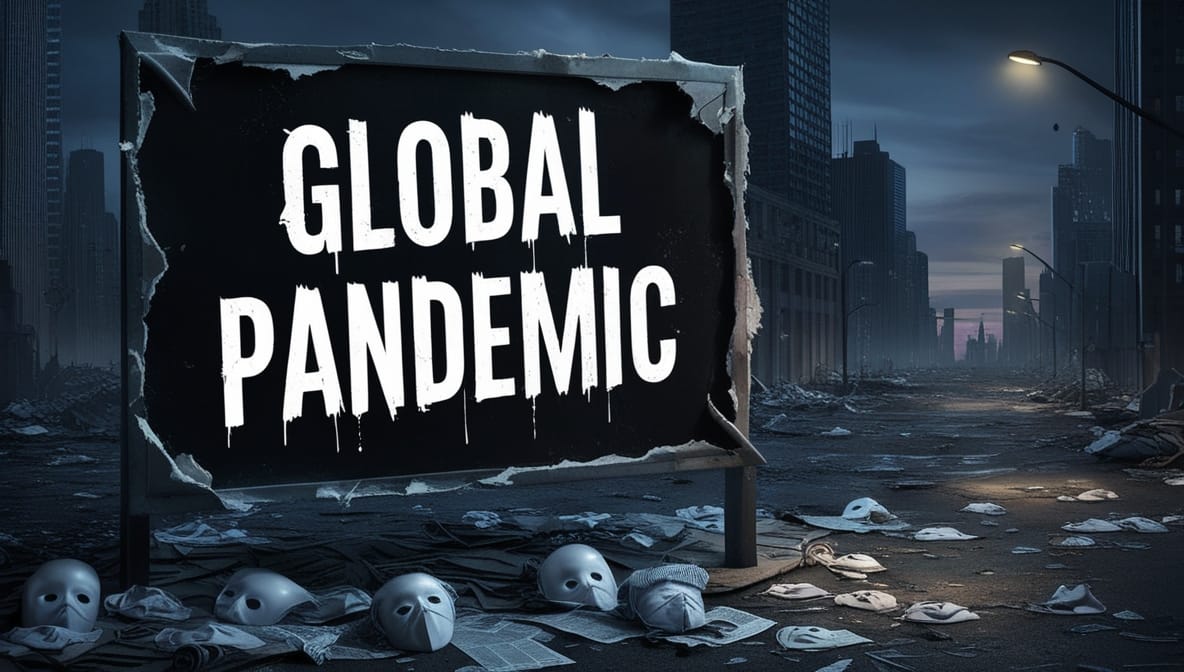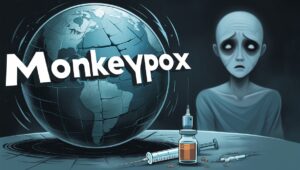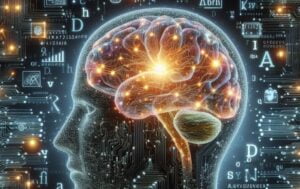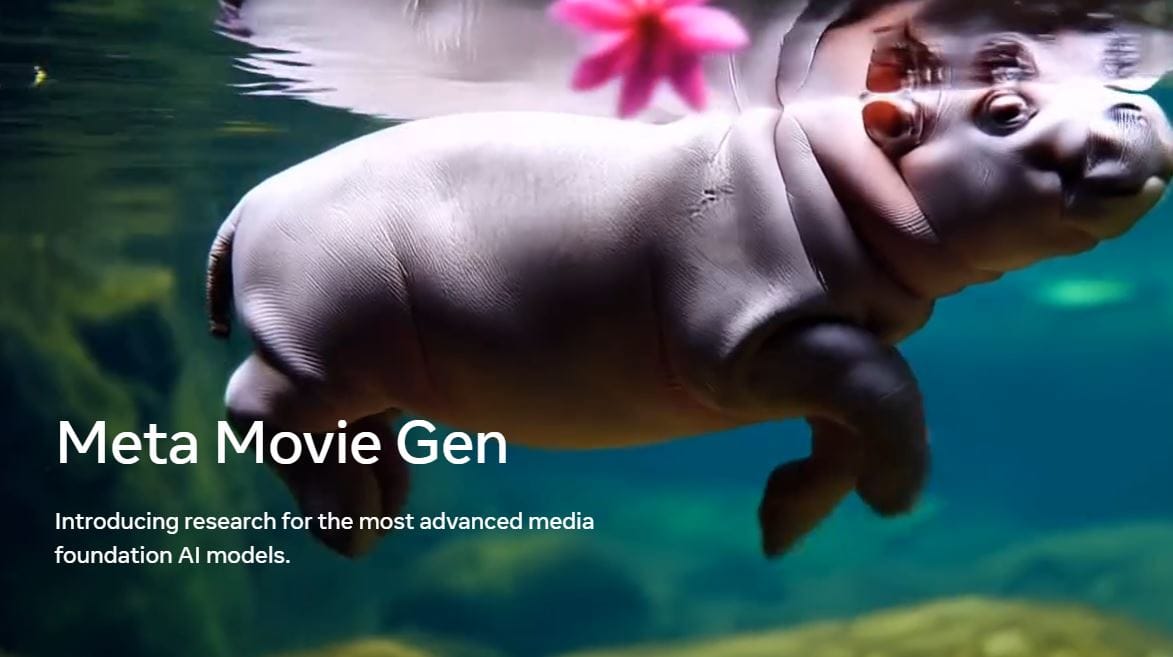The idea of a global pandemic wiping out a large chunk of humanity sounds like something straight out of a doomsday movie. But, what would happen if this was our reality? How would we, as a species, rebuild and adapt? Let’s break it down step-by-step like curious minds trying to piece together what could follow such a catastrophic event.
Could We Survive the Initial Blow?
First things first, survival. If a global pandemic wiped out a large part of humanity, the initial wave would cause chaos. Resources would be stretched thin, governments would likely collapse or be overwhelmed, and people would scramble to protect themselves. Imagine standing in your local supermarket where the shelves are already empty (because someone always buys 32 packs of toilet paper during a crisis). Now amplify that panic by, oh, say, a thousand.
The virus would have a major effect on infrastructure. Health services, power grids, and food supplies would all take a hit. Those first few weeks would be about immediate survival:
- Basic needs like food, water, and shelter would become the main focus.
- People would form small communities for protection and resource-sharing (think: your neighbours, but now you’re all stuck together).
- The internet would be one of the few things keeping people connected (assuming power’s still up), but there’s no telling how long that’d last.
What Happens When Most People Are Gone?
Let’s assume the pandemic wipes out more than half of humanity. Now what? With fewer people, certain parts of society would collapse. But humanity is nothing if not resourceful (except, of course, when it comes to following simple instructions like “wash your hands”).
Here’s what might happen next:
- Skilled workers (healthcare professionals, engineers, etc.) would be in high demand. A shortage of essential personnel could lead to huge gaps in necessary services.
- Supply chains would break down. With fewer workers to produce and deliver goods, items like food, medicine, and everyday essentials would become scarce.
- New leadership structures might emerge. Maybe your next-door neighbour, Karen, forms a mini-government to make sure everyone gets their fair share of the leftover canned beans.
- Cities would change. Some might become ghost towns, while others could turn into centres for surviving populations.
Would We Be More United or Divided?
Now, this is where things get tricky. Would a pandemic bring us closer together or tear us apart? Historically, humanity has a habit of showing both the best and worst sides in crises. On one hand, communities might rally together to survive. On the other hand, trust issues, fear of infection, and fights over resources could lead to division.
- People would likely create smaller, tight-knit groups for safety.
- Isolationist mindsets might develop. Think about it: If you’re afraid of catching the virus, you’re not exactly going to invite strangers over for tea.
- Political and social tensions could rise, especially if different areas recover at different rates.
What Would Society Look Like Post-Pandemic?
When the dust settles, what would the world even look like? Well, fewer people means more resources per person—but that doesn’t mean distribution will be fair. In fact, rebuilding society might depend entirely on who’s left. If your town is filled with carpenters and farmers, you might fare better than a city full of influencers and people who “just vibe.”
Some possible scenarios for a post-pandemic society:
- Barter systems might make a comeback. With money losing its value, trading skills, food, or services could become the new norm.
- Cities might shrink as people move to more sustainable rural areas where resources are easier to access.
- Technology and science would play a huge role in recovery, especially in developing vaccines, new forms of energy, and growing food.
Would We Ever Return to “Normal”?
This is the big question. Would we ever truly go back to the way things were before? After such a massive loss of life, people’s priorities would shift. The way we interact with each other, the way we work, and even our relationship with the environment would likely change.
Here’s what might stay different long-term:
- Work from home might become the norm for those who can. The office coffee machine just doesn’t seem worth the risk anymore.
- Travel might decline as people become more wary of being in close quarters with strangers.
- Stronger global health measures would likely be implemented to prevent future pandemics (though if history is any indication, we’re really good at ignoring warning signs until it’s too late).
How Would We Handle Mental Health?
Beyond physical survival, there’s the issue of mental health. A global pandemic of this scale would leave a mark on the collective psyche. Anxiety, survivor’s guilt, and PTSD could become widespread. Even the people who made it through unscathed would likely be affected by the trauma of losing loved ones and seeing society crumble.
Support systems would need to be set up to help people cope. Expect:
- Increased demand for mental health services (if they still exist).
- People turning to local communities or even new forms of therapy to heal.
- Art, music, and literature might see a boom as a way for people to express their feelings and make sense of the chaos.
Could Humanity Recover?
The real question is, can we bounce back? Humanity is resilient, but recovery from a global pandemic that wipes out a large portion of the population would be slow and painful. Some things would never go back to normal, and that might not be a bad thing. We’d have the opportunity to rebuild society from the ground up, making it better (hopefully without so many meetings that could’ve been emails).
To rebuild, we’d need to focus on:
- Redistributing resources to ensure everyone has access to basic necessities.
- Rebuilding trust and cooperation among survivors.
- Investing in healthcare and science to prevent future pandemics.
- Creating new systems for work, education, and governance that fit a world with fewer people.
In the end, while a global pandemic wiping out humanity is a terrifying thought, history shows that humans are pretty good at adapting. We might just surprise ourselves with how well we handle the aftermath… or we’ll be arguing over the last tin of beans. Either way, it’s sure to be an interesting ride!






